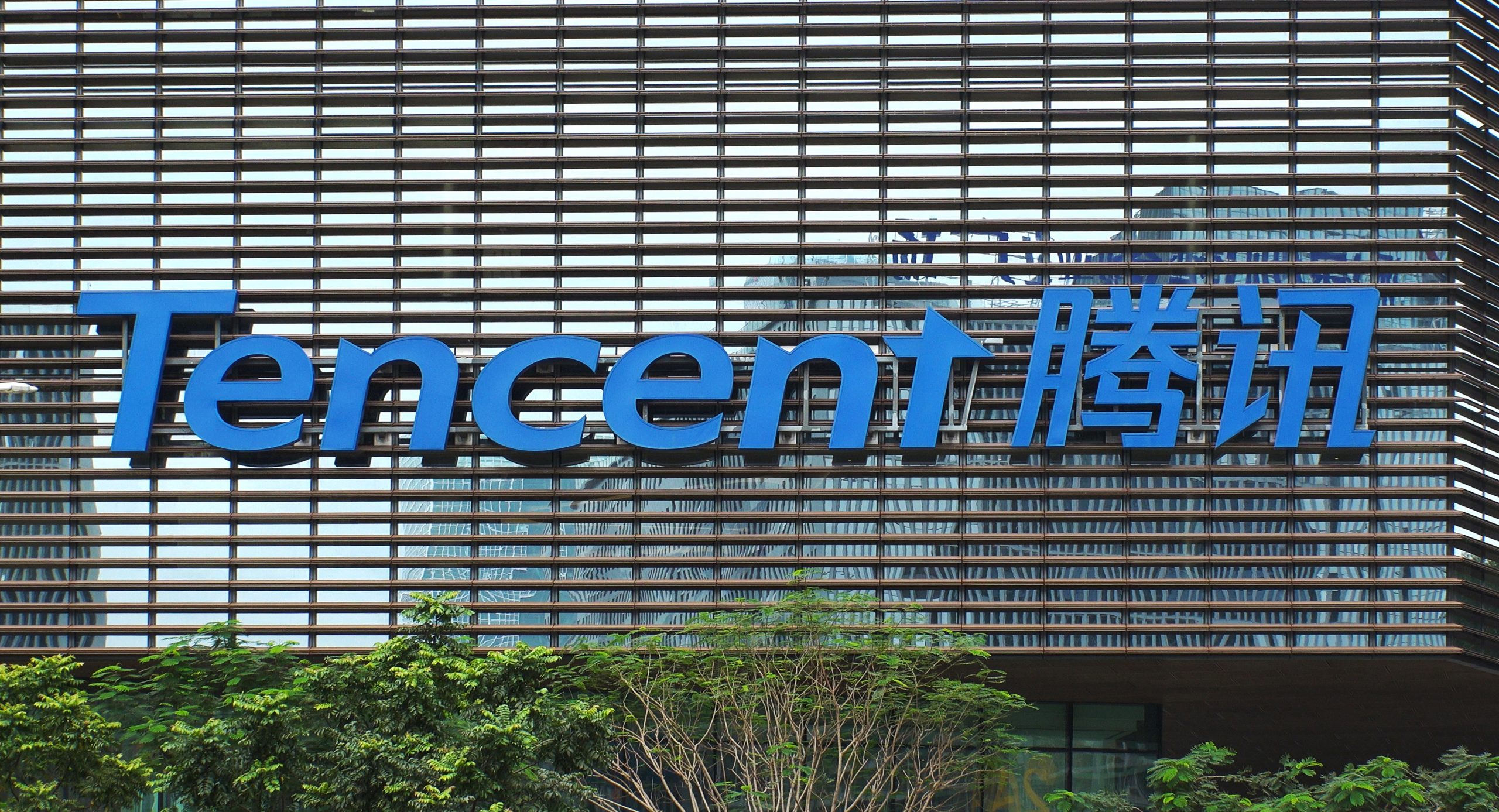This article originally appeared on Jing Daily, our sister site.
Tencent Holdings reported its second-quarter financial results on August 13, which showed its total revenue surging up 29.3 percent to $16.5 billion (114.9 billion yuan) and a net profit that increased 28.2 percent to $4.35 billion (30.2 million yuan) year-over-year. Both numbers topped analyst estimates. The outstanding performance during Q2 (ending June 30) is being attributed to the tech giant’s value-added services (VAS), such as social networks and online games.
Tencent’s multi-purpose social platforms, WeChat and Weixin (微信), have hit 1.21 billion monthly active users in total as of June 30. The duo, said chairman and CEO Ma Huateng (also known as Pony Ma) in the earnings call, are two very different products. “Weixin is a chat [app] to serve the users in the Mainland of China, whereas WeChat is a sister product which serves users outside of the mainland of China.”
The group also highlighted the revitalization of its content consumption in WeChat’s Official Accounts feature, reporting a rise in page reviews after three years of decline. Meanwhile, Tencent launched its Mini Stores feature, which backs small and mid-size enterprises by optimizing their digital storefront operations by supporting functions like livestreaming, order management, and after-sales services.
Online games, one of the most significant business categories for the tech powerhouse, continued its strong growth on the heels of a solid first-quarter performance. Driven by smartphone games, the revenue of the sector grew by 40-percent more than the same period last year. Yet Tencent’s online gaming business aligned with overall user activity during the pandemic. According to Tencent, user activity stayed normal locally while increasing internationally. “In China, user time spent on our smartphone games increased year-on-year but decreased quarter-on-quarter due to seasonality and back-to-office behavior,” the report stated.
Online advertising, despite only accounting for 16 percent of Tencent’s total revenue, saw promising growth during the second quarter, social ad revenue, in particular, which reported a 27 percent increase year-on-year. Much of this rise is due to how advertisers can now channel public online or offline traffic to their private domains through Weixin and WeChat apps like Mini Program and Official Accounts. However, media ad revenue did decline by 25 percent because of a weak advertising demand from brands and delayed content production and release times during COVID-19.
Yet Tencent’s stock tanked by 10.5 percent after a potential WeChat ban order from President Trump was released on August 6. Chief financial officer, Shek Hon Lo, responded to concerns over the potential ban on WeChat by explaining that the order was focused on WeChat’s US service, which won’t affect the company’s other businesses. “We are in the process of seeking further clarification from relevant parties in the US,” he noted.




